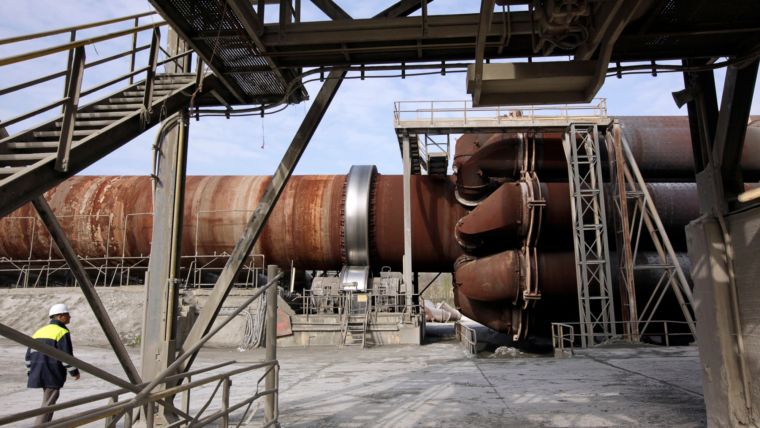It seems that every week there is another major economic authority warning of the risk that investing in fossil fuels entails. This time it is from the largest investor in the world, BlackRock, Inc. Their outlook is not based on if the science of climate change is correct or not. Rather, it’s based on the fact that governments worldwide are moving to curb the burning of fossil fuels and the risk that this presents to investors. They label this “regulatory risk.”
One view that they present that I believe may be erroneous is this:
“BlackRock’s paper did not urge divestment from fossil fuels or argue that an imminent “carbon bubble” will pop. Instead, it said the decarbonization process will be gradual.”
While the decarbonization process MAY be gradual, I would not rule out that there will be a tipping point when the value of fossil fuel assets will decline precipitously. So, why wait to divest? Looking at what’s happened to the price of oil, natural gas and coal recently and the stock prices of the companies that produce them and their suppliers, one has to wonder if the air is already coming out of their values permanently and the best time to divest may have already passed…
World’s largest investor warns on climate’s ‘regulatory risk’
Saqib Rahim, E&E reporter
Published: Wednesday, November 4, 2015
Investors should take climate change seriously, even if they don’t believe in it, according to Wall Street giant BlackRock Inc.
BlackRock, which oversees $4 trillion and is the world’s largest stock investor, is advising clients that climate policy is moving ahead, posing a “regulatory risk” to carbon-heavy investments.
“Even if you are sceptical of global warming and its causes, we think it is prudent to appreciate the regulatory momentum behind it,” said a white paper released today by the BlackRock Investment Institute. “Governments are moving to curb and eventually reduce greenhouse gas emissions.”
That should open new opportunities to make money on a low-carbon transition, the paper said. But it also raises the risk that some investments could collapse in value.
“It can be costly to underestimate environmental risks. Just ask BP’s equity and debt holders,” the paper said.
The BlackRock paper is evidence that some of Wall Street’s largest players are factoring climate into their thinking, or are at least considering whether they should.
For years, the issues of “stranded assets,” fossil divestment and environmental risk were the province of the small community of green-minded investors. But the run-up to the Paris climate talks (COP 21) in the next few weeks, as well as policy announcements in the United States and China, may have seized the market’s attention in a way nothing else has.
“Clearly, COP 21 and the momentum behind it is a very strong process,” Ewen Cameron Watt, BII’s chief investment strategist, told EnergyWire. “It’s different from Kyoto or Copenhagen in that there’s so many more people involved with it this time. It’s a more meaningful process.”
Watt also cited the falling costs of wind and solar, which make it more credible that companies can shift from fossil fuels, he said.
‘Avoiding the losers’ in oil and gas
BlackRock’s paper did not urge divestment from fossil fuels or argue that an imminent “carbon bubble” will pop. Instead, it said the decarbonization process will be gradual.
“Oil and gas companies with low-cost reserves should do fine as a result, we think,” it said. “We are, however, cautious on companies with high-cost reserves.”
BlackRock also cited Warren Buffett’s famous quip about “shorting horses.” The auto industry once had thousands of companies, Buffett observed. An investor would have struggled to pick the firms likely to survive.
But it would have been easy to see who was losing in the auto revolution and to bet against them: to “short horses.”
“Avoiding the losers within those sectors makes much more sense than trying to pick every technology winner,” Watt said.
Not all fossil companies are necessarily losers, he said.
“You could equally invest in some of the worst of the businesses as they currently are, because they’re the ones with the greatest ability to change,” he said. “A sinner saved is proportionately better than a virtuous man.”
Of course, in the brainy world of finance, there’s always a counterintuitive angle.
Couldn’t an investor call policymakers’ bluff, betting that carbon policies will fall apart in Paris and beyond? In this view, coal, oil sands and deepwater investments are currently a steal.
Ewen said it’s a “perfectly respectable” investing approach.
“We think Paris is a step along the road rather than a final destination,” he said. “That does not mean to say there couldn’t be a turnaround in market sentiment about it.”
This summer, BlackRock cut its holdings in U.S. coal firms (EnergyWire, July 17).
Twitter: @SaqibSansU Email: srahim@eenews.net



